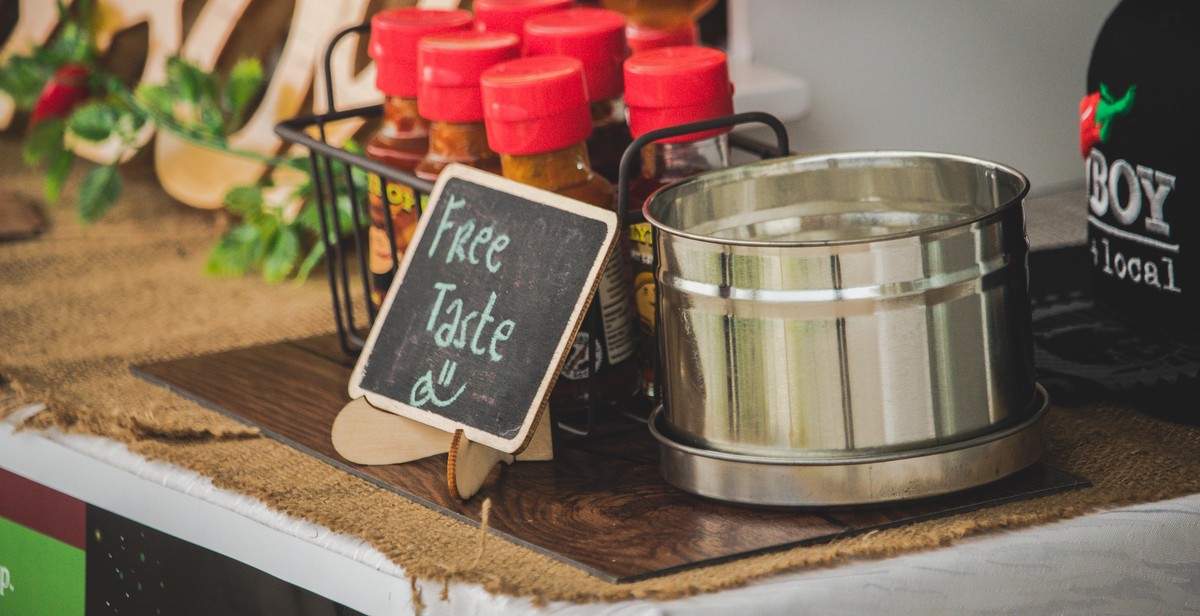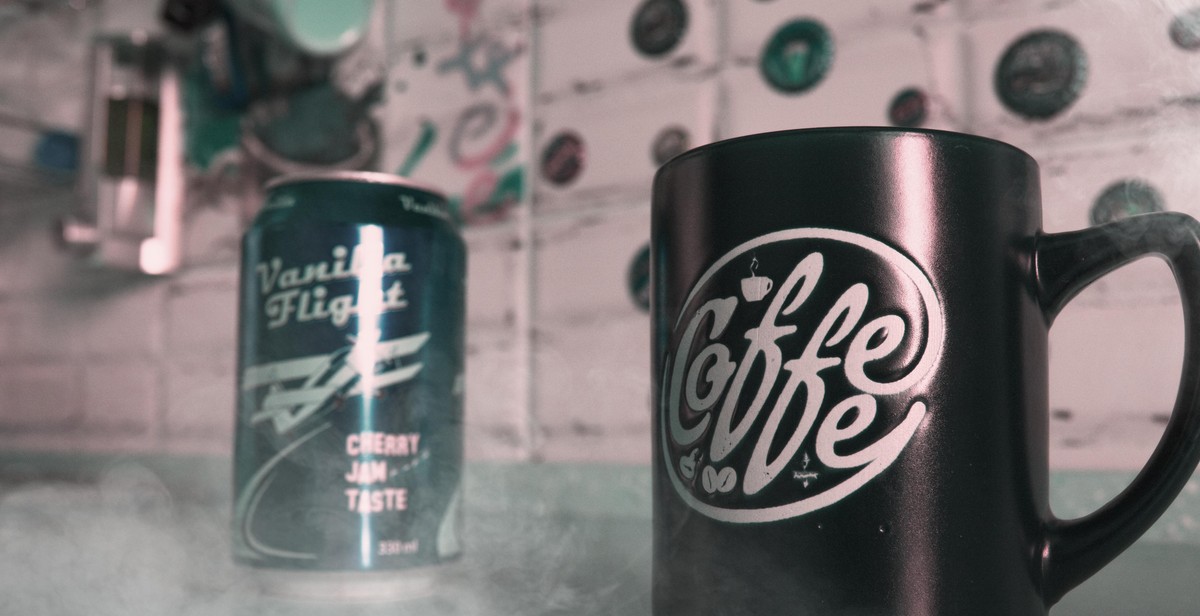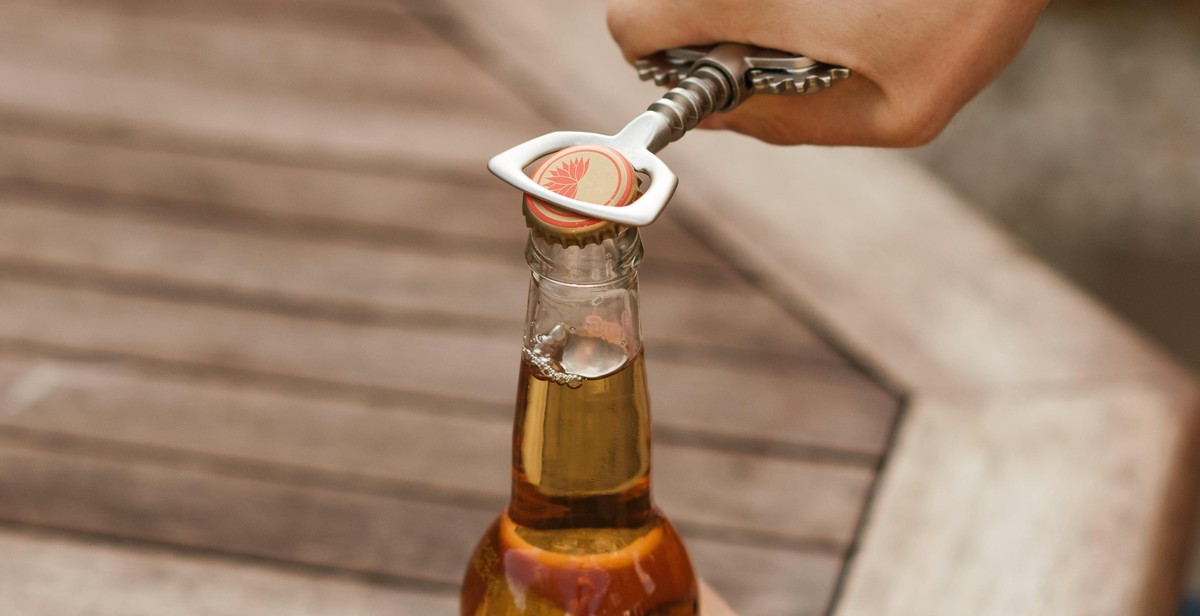How to Brew Gluten-Free Beer: Techniques and Ingredients to Consider
Brewing beer is a popular hobby and pastime for many people around the world. However, for those who have celiac disease or gluten intolerance, traditional beer can be off-limits due to its gluten content. Fortunately, there are techniques and ingredients available to brew gluten-free beer that is just as enjoyable and flavorful as regular beer.
Why Brew Gluten-Free Beer?
Gluten-free beer is not just for those with celiac disease or gluten intolerance. It is also a great alternative for those who are looking for a healthier lifestyle or simply want to try something new. In fact, the demand for gluten-free beer has been steadily increasing in recent years, with more and more breweries offering gluten-free options.
Gluten-free beer is made using alternative grains such as sorghum, rice, quinoa, and millet, which do not contain gluten. These grains can be used in combination with hops, yeast, and other flavorings to create a variety of beer styles that are just as delicious as traditional beer.
In this article, we will explore the techniques and ingredients necessary to brew gluten-free beer at home. We will discuss the different grains and flavorings that can be used, as well as the brewing process and equipment needed. By the end of this article, you will be equipped with the knowledge and skills to brew your own delicious gluten-free beer.

Ingredients for Brewing Gluten-Free Beer
When it comes to brewing gluten-free beer, the ingredients you use are crucial to achieving the desired taste and texture. Here are some key ingredients to consider:
Gluten-Free Grains
The first step to brewing gluten-free beer is to use grains that are free from gluten. Some popular gluten-free grains include:
- Rice
- Corn
- Quinoa
- Buckwheat
- Millet
- Amaranth
It’s important to note that not all grains labeled as “gluten-free” are suitable for brewing beer. Look for grains that have been specifically processed for brewing, or consult with a brewing supply store or online resource for recommendations.
Alternative Sugars
To replace the sweetness and body that gluten-containing grains provide, many gluten-free beer recipes call for alternative sugars. Some options include:
- Honey
- Agave nectar
- Maple syrup
- Molasses
- Coconut sugar
Again, it’s important to use sugars that are specifically recommended for brewing, as some may affect the flavor or fermentation process if not used correctly.
Yeast Options
While traditional brewing yeast is typically gluten-free, some brewers prefer to use alternative yeasts to achieve different flavors or characteristics. Some popular options include:
- Champagne yeast
- Brettanomyces
- Lactobacillus
- Brewer’s yeast (specifically labeled as gluten-free)
Again, it’s important to ensure that any yeast used is specifically recommended for brewing gluten-free beer, as some strains may contain trace amounts of gluten or may not produce the desired flavor or texture.
| Ingredient | Recommended Brands |
|---|---|
| Gluten-free grains | Cascade Brewers Supply, Briess Malt & Ingredients Co., Grouse Malting & Roasting Co. |
| Alternative sugars | Cooper’s Brewery, Mangrove Jack’s, LD Carlson |
| Gluten-free yeast | Fermentis, White Labs, Wyeast |
By carefully selecting and using gluten-free grains, alternative sugars, and appropriate yeast options, you can successfully brew a delicious and satisfying gluten-free beer.

Techniques for Brewing Gluten-Free Beer
Brewing gluten-free beer requires a different approach than traditional beer brewing. It involves the use of alternative grains, such as rice, sorghum, and millet, which do not contain gluten. However, using these grains alone does not guarantee a successful gluten-free brew. It is essential to understand the various techniques and ingredients that can help create a delicious and satisfying gluten-free beer.
Mashing Techniques
Mashing is a crucial step in brewing gluten-free beer. It involves converting the grains’ starches into fermentable sugars. Since gluten-free grains lack the enzymes necessary for this conversion, it is essential to add enzymes to the mash.
Enzymes such as amylase and amyloglucosidase are commonly used to break down the starches in gluten-free grains. These enzymes are available in both liquid and powder form and can be added to the mash at specific temperatures and pH levels. It is essential to follow the manufacturer’s instructions when using these enzymes to ensure optimal results.
Fermentation Temperature Control
Fermentation temperature control is crucial in brewing gluten-free beer. The yeast used in brewing gluten-free beer is sensitive to temperature fluctuations and can produce off-flavors and aromas if not properly controlled.
It is recommended to ferment gluten-free beer at a lower temperature than traditional beer. A temperature range of 55-65°F is ideal for most gluten-free beer styles. It is also important to monitor the fermentation process closely to ensure that the yeast is active and producing the desired flavors and aromas.
Clarification Techniques
Clarification is the process of removing suspended particles and haze from the beer. Gluten-free beer can be challenging to clarify due to the lack of gluten and protein that typically aid in the process.
Several techniques can be used to clarify gluten-free beer, including cold crashing, fining agents, and filtration. Cold crashing involves lowering the temperature of the beer to near freezing, causing the particles to settle at the bottom of the fermenter. Fining agents, such as Irish moss or gelatin, can be added to the beer to help clarify it. Filtration is another option, but it can be costly and may remove some of the beer’s flavor and aroma.
Conclusion
Brewing gluten-free beer requires a different approach than traditional beer brewing. Using alternative grains and understanding the various techniques and ingredients can help create a delicious and satisfying gluten-free beer. By employing mashing techniques, fermentation temperature control, and clarification techniques, brewers can produce high-quality gluten-free beer that is just as enjoyable as traditional beer.

Equipment
When it comes to brewing gluten-free beer, having the right equipment is crucial. Here are some key pieces of equipment you’ll need:
Mash Tun
The mash tun is where you’ll mix your grains with hot water to create a sugary liquid called wort. For gluten-free brewing, it’s important to use a mash tun that’s made from non-porous materials like stainless steel or plastic, as gluten can easily get trapped in porous materials like wood or copper. Make sure your mash tun has a tight-fitting lid to keep the heat in and prevent contamination.
Fermentation Vessels
After you’ve created your wort, you’ll need a vessel to ferment it in. Glass carboys or plastic buckets are both good options for gluten-free brewing. Make sure your fermentation vessel has an airtight seal to prevent oxygen from getting in and spoiling your beer. You’ll also need an airlock to let carbon dioxide escape during fermentation.
Clarification Tools
Gluten-free beers can be especially hazy, so it’s important to have the right tools to clarify your beer. Fining agents like Irish moss or gelatin can help clarify your beer, as can a cold crash, where you lower the temperature of your beer to near freezing to encourage particles to settle to the bottom. A good filtration system can also help clarify your beer and remove any unwanted particles.
| Equipment | Recommended Material |
|---|---|
| Mash Tun | Stainless Steel or Plastic |
| Fermentation Vessels | Glass or Plastic |
| Clarification Tools | Fining Agents, Cold Crash, Filtration System |

Conclusion
As you can see, brewing gluten-free beer is not as difficult as it may seem. With the right ingredients and techniques, you can create a delicious, gluten-free beer that is just as good as traditional beer.
One of the most important things to keep in mind when brewing gluten-free beer is to use gluten-free ingredients. This includes gluten-free grains, such as millet, rice, and quinoa, as well as gluten-free adjuncts like honey and molasses.
Another key factor to consider is the use of enzymes. Enzymes can help break down the proteins in gluten-free grains, making them easier to ferment and resulting in a smoother, more flavorful beer.
It’s also important to choose the right yeast for your gluten-free beer. Some strains of yeast work better with gluten-free grains than others, so be sure to do your research before selecting a yeast strain.
Finally, don’t be afraid to experiment with different ingredients and techniques to find the perfect recipe for your gluten-free beer. With a little creativity and patience, you can create a beer that is both delicious and safe for those with gluten sensitivities.
So go ahead and give gluten-free brewing a try! You may be surprised at just how easy and rewarding it can be.
